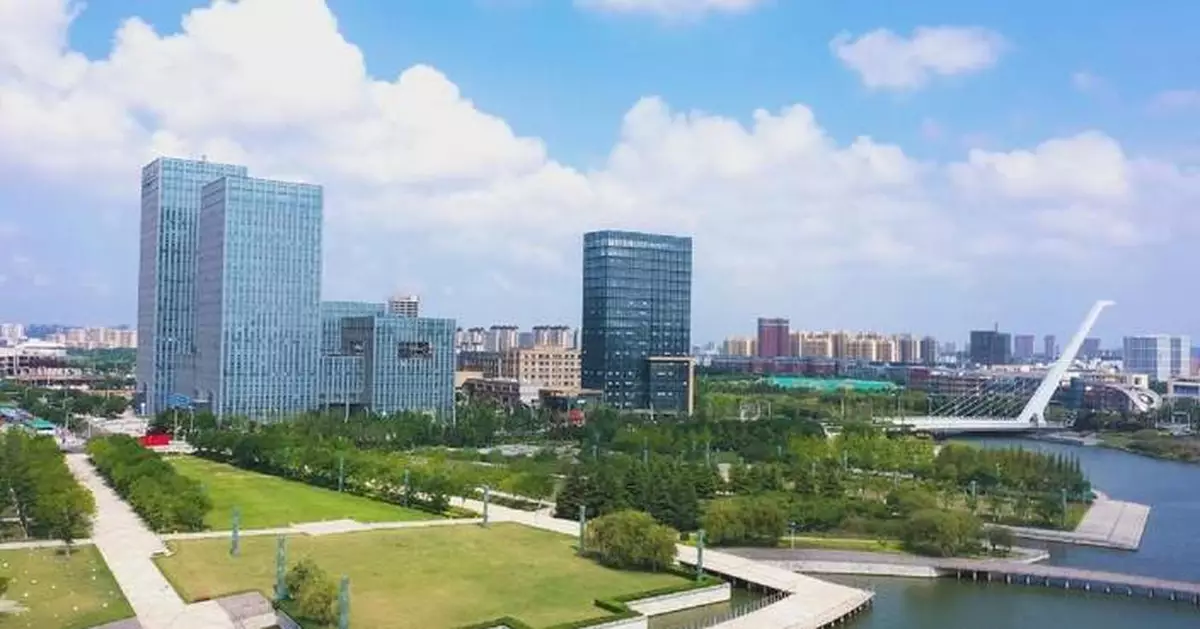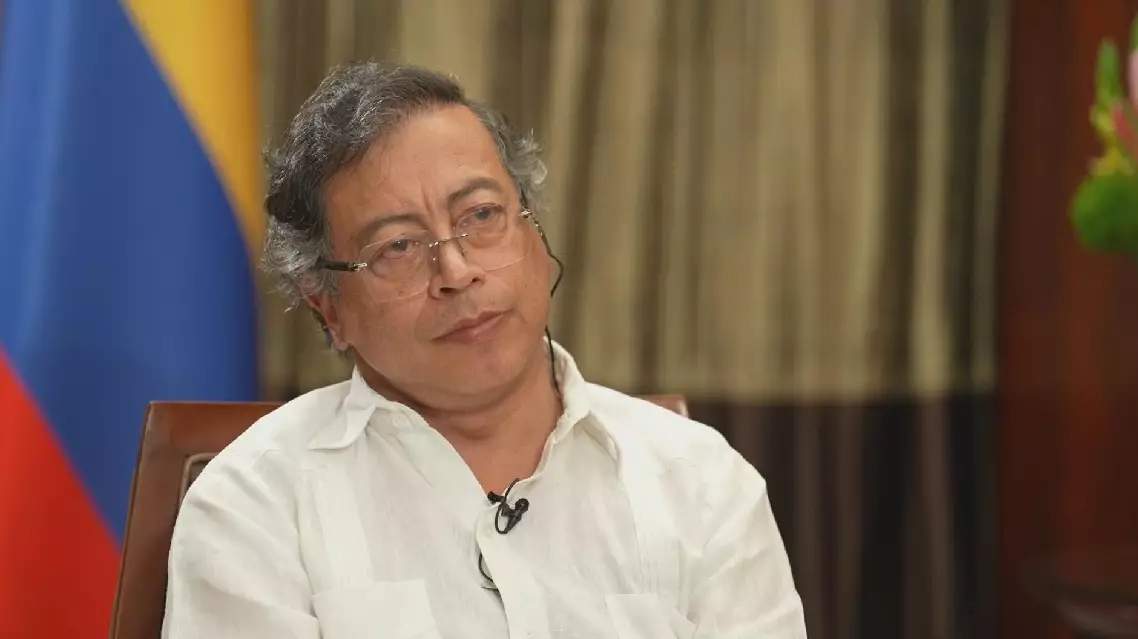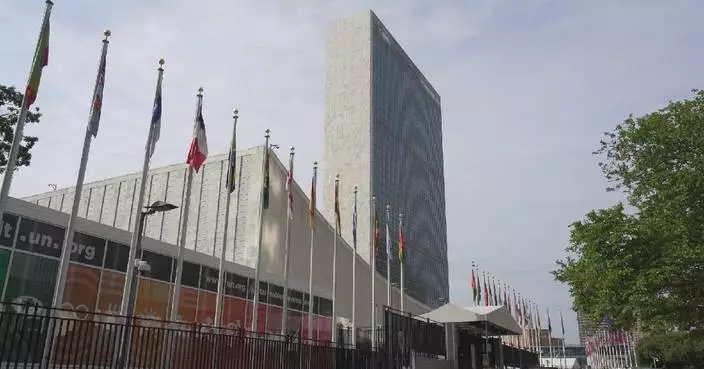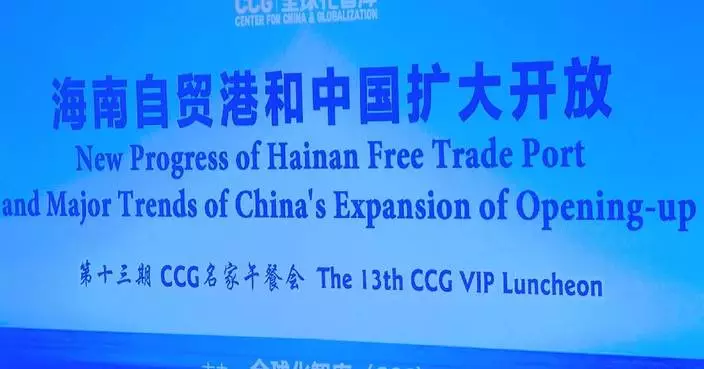In a bid to further open up China's medical sector, Qingdao - a city in Shandong Province previously renowned for its water sports, beer festival, and strong manufacturing industry - is being transformed into a burgeoning pharmaceutical hub.
The British-Swedish biopharmaceutical company AstraZeneca is currently building a new production facility in the city.
It came as a surprise to many that a city in China, traditionally known for its manufacturing, outperformed cities in the U.S. and Europe to attract AstraZeneca, one of the world's largest pharmaceutical companies.
Executive Vice President of AstraZeneca China, Leon Wang, credited this success to China's increased openness in the healthcare services sector.
"The China government started its open-door and reforms policy almost 40 years ago. We can feel every day that the environment is improving and simplifying. Whenever we have issues, we always can turn to the government, and we always get a prompt reply," he said.
"When AstraZeneca was set up here, we quickly helped them apply for production and operation licenses. Normally, this process takes over a month, but thanks to our efficient collaboration and prompt document submissions, the relevant authorities reviewed everything quickly. We managed to get the approval in just 12 days, a record time for Shandong Province," said Li Mingkuan, head of the investment promotion department at the Qingdao National High-tech Industrial Development Zone Management Committee.
The attractive business environment and proactive government support are increasingly drawing healthcare enterprises to Qingdao and other parts of China.
"In the Qingdao High-tech Zone, there is a significant concentration of biopharmaceutical industry. You'll find well-known companies like AstraZeneca, as well as smaller, innovative enterprises," said Xie Cuicui, a staff member at a Korean-invested biotechnology company.
The policy relaxation significantly shortens the product-to-market cycle, reducing the time to market from five years to three.
China's efforts extend beyond these initial steps. A policy document released after the third plenary session of the 20th Communist Party of China Central Committee, held in Beijing from July 15-18, 2024, outlines the country's ambitions to expand its pharmaceutical industry further and ease market access within the sector.
"Officials from the Ministry of Commerce have already conducted surveys here. I believe that a series of measures will be introduced soon, and we look forward to more multinational enterprises investing in Qingdao and across China as these policies get implemented," Li said.
Qingdao's transformation highlights China's initiative to open up its pharmaceutical sector, enhancing both the industry and healthcare.
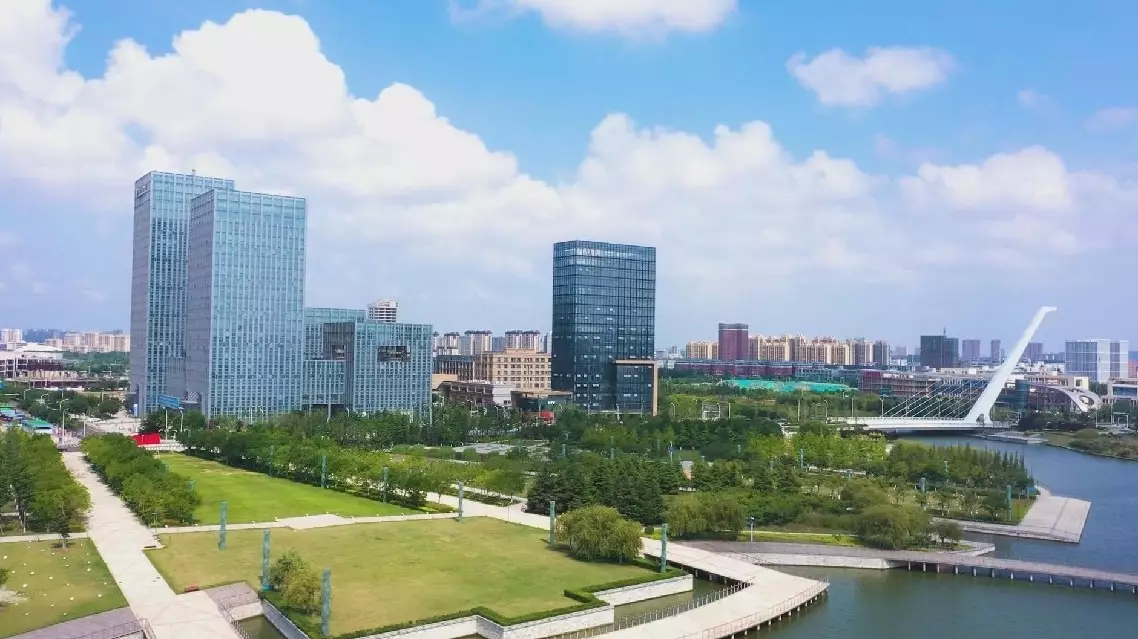
China further expands pharmaceutical sector, eases market access


